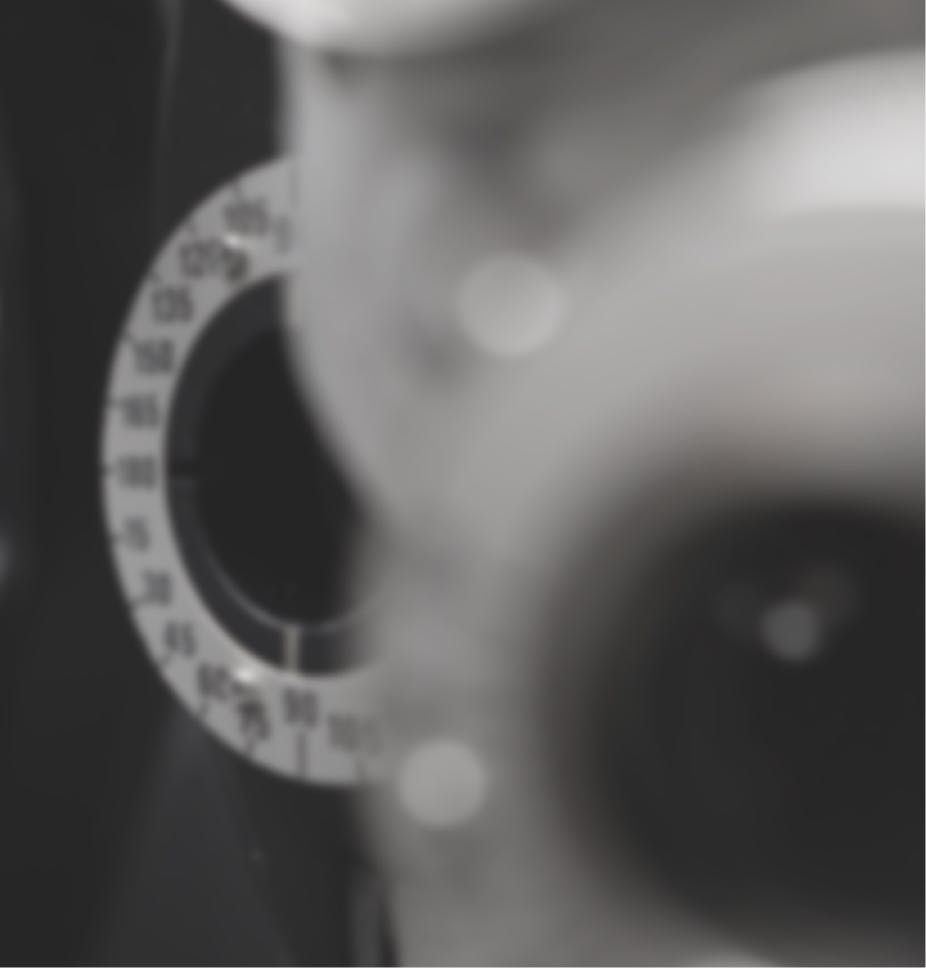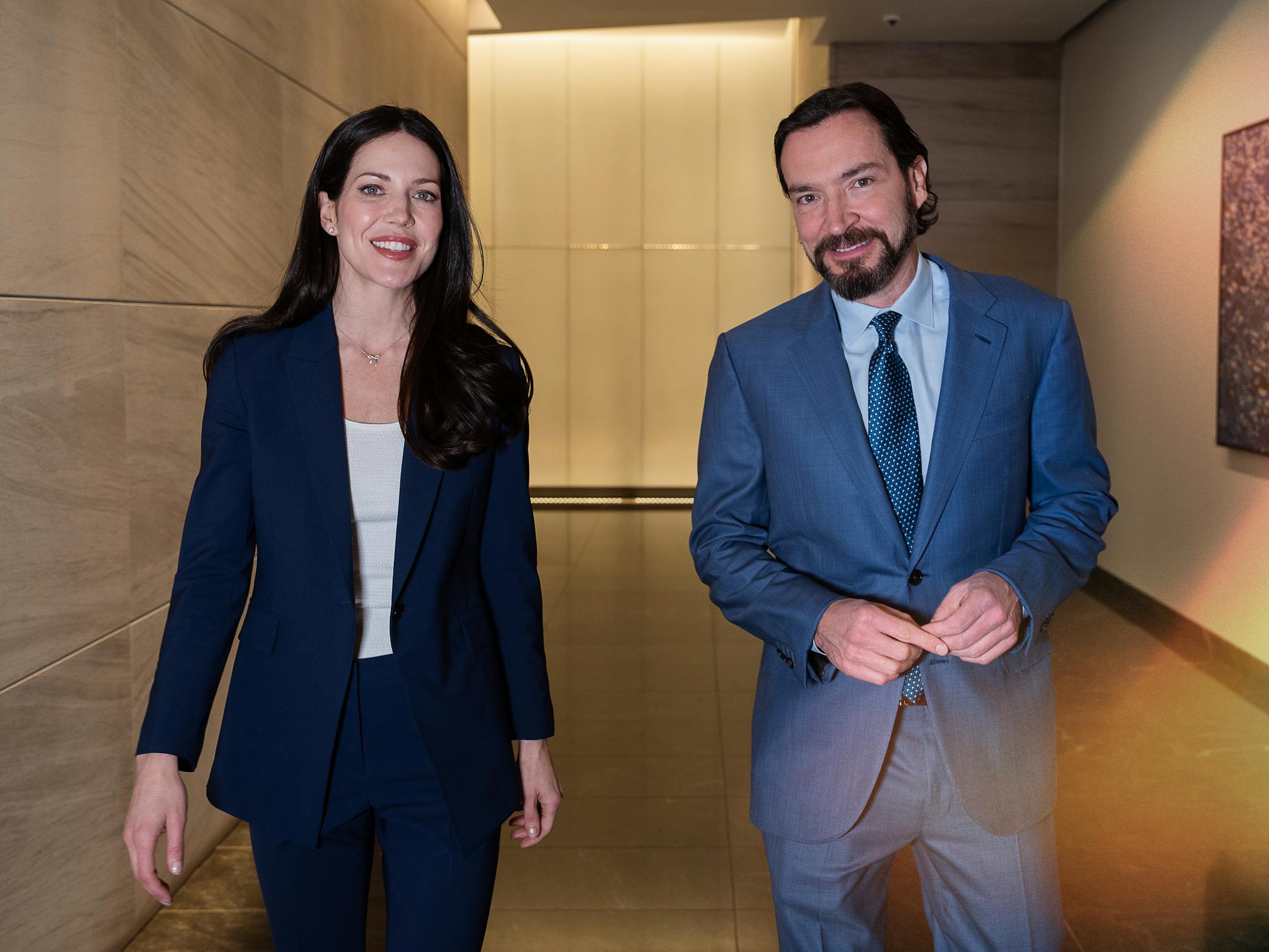You have questions. We have answers. Here are some of the most common questions we hear from patients about laser cataract surgery in NYC and Long .
How do I know when I need cataract surgery?
When you can no longer do the things that you want to do because your vision isn’t good enough, you’re ready for cataract surgery in NYC.
Can cataracts be corrected without surgery?
While scientists are working on medicines that may help slow the changing of the lens, there is no way to correct cataracts without surgery.
What happens if I don’t have my cataracts removed?
If you don’t have your cataract removed, your vision will slowly get worse over time. If left untreated long enough, hypermature cataracts (a very severe form) can reduce your vision down to the point where you’ll only be able to tell if there is a light shining in your eye or not.
When should I have my cataract removed?
You should have your cataract removed when you’re no longer able to do things that you want to do because of your vision.
Is cataract surgery safe?
Yes. Since it’s one of the most common surgical procedures in the world, the safety and efficacy of cataract surgery has had a lot of time to be perfected to its current level. While any surgery has inherent risks and possible complications, they are either very minor or rare.
Is cataract surgery painful?
Many of our patients describe the normal surgical and healing process as painless. The total area disturbed on the surface is just over a tenth of an inch, and heals in a few hours.
Should I get a multifocal IOL?
Multifocal intraocular lenses (IOLs) are amazing for those who are excellent candidates for them. During your consultation with Dr. Kelly or Dr. Brissette, you can determine together what will give you the best vision for near and distance based on your specific needs.
How long is the recovery from laser cataract surgery?
People are usually back to their regular activities the next day following laser cataract surgery.
Can cataracts come back after surgery?
No. When they are gone, they’re gone. A small number of patients will benefit from a one-time, 60-second, painless laser procedure at some point after their surgery if the capsule holding the new IOL gets cloudy. This is covered by insurance.
Does insurance cover cataract surgery?
Yes. Insurance will pay for cataract surgery if your condition interferes with your normal activities, and will also pay to replace the cloudy lens with a basic IOL. If you want a replacement lens that will allow freedom from glasses, however, you’ll have to go outside of your insurance coverage because this will require a premium IOL.







